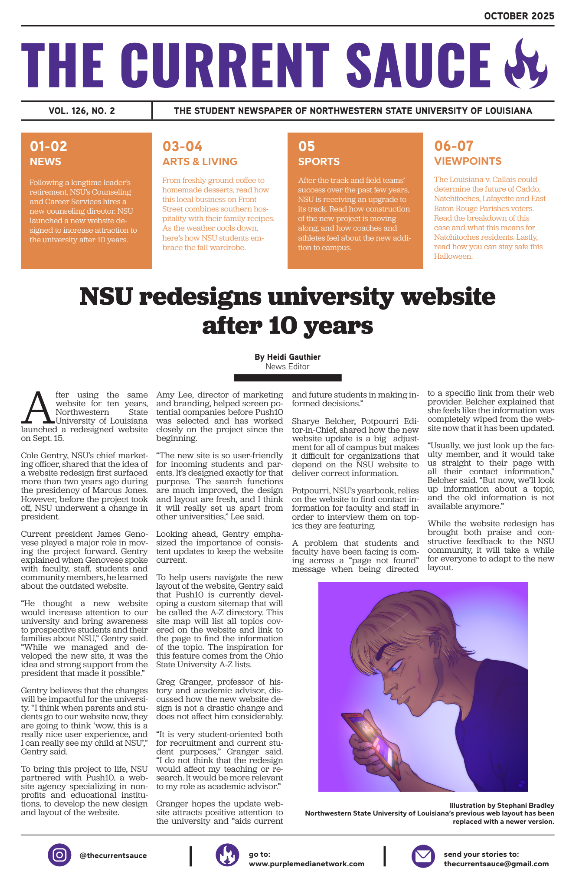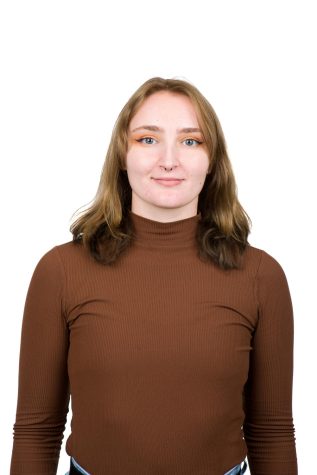Medicating mental illness
That was how I was then prescribed de-stimulant medicine for my Bipolar II disorder.
“And what about you?”
This question made me freeze over cold. Unlike with ADHD, of which I had always had an inkling that I was somewhere in the realm of having hyperactivity, I had never assumed myself to be Bipolar in any sense. It was quite a sore spot to be called Bipolar even jokingly, it hurt.
For a trained professional to look me in the eye and force me to face a previously buried rock; I was scared. I thought about lying, and downplaying the truth. But those attempts were shut down, I had already shared enough. That was how I was then prescribed de-stimulant medicine for my Bipolar II disorder.
I have been professionally diagnosed with ADHD and Bipolar disorder, the two acting as a comorbid to the other, also known as denoting or relating to diseases or medical conditions that are simultaneously present in a patient. The two disorders go hand in hand like a lovely teenage romance. I researched this topic quite a bit.
Using ADHD terminology, I hyper-focused on an interesting topic and learned way too much information to logically be able to be incorporated into a normal conversation without making the other person’s brain mush into a litany of random facts and way too much explaining.
Therefore, I present to you a key article; The Science of ADHD published on the Children and Adults with Attention-Deficit/Hyperactivity Disorder (CHADD) official website.
In the article, I focused most heavily on what they discussed in the Executive Dysfunction subsection. To give you a summary of what was discussed; executive function is defined as a wide range of central control processes in the brain that activate, integrate, and manage other brain functions.
The brain’s executive functions organize, activate, focus, integrate, and direct, allowing the brain to perform both routine and creative work. Any impairment to these functions would cause a multitude of problems, and that is the main scientific explanation of what ADHD is.
Dysfunction of these key processes would cause the most basic traits of ADHD: lack of focus, bad organization, bad impulse control and management of emotions. This is the point where other mental disorders enter the playing field of the metaphorical orchestra. Many other disorders will share this common route of executive dysfunction. Any difference in the way the brain should run in comparison to the majority population would be considered “not normal.”
In terms of medicine used to treat these illnesses, Bipolar and ADHD are opposites. I will give a basic rundown on the type of medicine but not go in too deep so that it can be covered better another time. Both medicines I will be talking about are antipsychotic drugs, all of the addictive types. They affect the physic, provide chemicals to the brain that are not naturally induced, therefore they change a person’s mindset.
Bipolar medicine requires a de-stimulant, to take away the overwhelming emotions often cycled through. Personally, the de-stimulant medication makes me feel incredibly sleepy, and a little uncannily empty inside. I dislike my Bipolar medicine, but when paired with the stimulating ADHD medication, it is very needed.
Taking stimulant medication for ADHD without the de-stimulant medication makes me feel like a live, electric wire ready to spark anyone nearby without a chance to even decide how I feel about it. My anxiety spiked incredibly bad and I wouldn’t wish that feeling on anybody. Everything was overwhelming. So pairing the two medicines together is essential. It is a constant balancing game on determining which is too much or too little.
I want to analyze the anxiety aspect of what stimulating medicine did to me. It is not uncommon for stimulating medicine to create anxiety, especially in people where it already exists at a low level.
Luckily that is not one of my vices, but the first week of medicine alone for ADHD, without the de-stimulation, I felt anxiety in a way that felt like I never truly knew what anxiety is until that point. The way the stimulation medicine I took worked goes a little along this timeline.
The first hour after consumption (without food or medicine as it should be taken) I can feel the minute it “drops’ ‘ as I call it. It’s within 5 minutes of the hour mark.
A cold, almost hollow rock slithers into my chest, right under my breastbone, and I settle into a slower world. I usually stop whatever I’m doing and focus on that feeling, then I move on.
Soon enough after that point, I remember things I need to do ( hopefully, If I don’t do this I get hyper-focused on whatever I was doing and just never do my work) and the medicine will work for a solid 2 to 3 hours, depending on the food I eat, the things I’m doing and so on.
My heart rate will increase and my head will get a little light. It’s very easy to slip from this gentle ebb of focus into a hyper-aware state of my own body.
This is where the anxiety will peep in. Even a month into my medicine I still find myself briefly slipping in and out of anxiety, but I have luckily not had another anxiety attack like the consistent ones I had my first week on medicine.
I have also since then paired the medicine with my Bipolar medicine and that helps calm my emotions and prevent me from slipping into a bad state.
The first hour of my first day taking ADHD medicine, I immediately fell into a massive anxiety attack about everything. Nothing specifically set me off but everything flooded back to me and I could not function. I had a trusted friend help them through it thankfully, but it was the worst feeling in my life. I proceeded to spend 3 hours in that state before I calmed down and attempted to finish out the day.
That was when I found out that if I had something to focus on, I was not so bad off. I went to Colorguard practice immediately following this. Now on hour 4 of the medicine I was better off, but still shaken by the previous attack, but every time I needed to focus on what I was doing, I could do it very easily.
I was simultaneously on the verge of tears and adamantly speaking up about the choreography, it was quite- should I say it? Bipolar.
Moving on, at hour 4 the medicine will begin to wear off, and by hour 5 I won’t feel the effect anymore. At 6 the medicine is completely gone from my system and I am allowed to take another pill to re-up myself if I am not done with the day.
At hour 6 the crash effect will begin unless I take another dose. The crash effect is part of the reason the medication is so addictive. The crash is characterized by the exact opposite of the pros of medicine. All of the regular cons of ADHD amplified adding in loss of appetite, weakness, drowsiness, overall anxiety and other such issues will arise.
My feelings coming down from it feel a bit like I have been forcibly removed from my state of being and placed slightly just left of my body, and I’m forced to operate the rest of the day slightly off-kilter of myself and just outside of my mind. I can barely use tune in when needed. My friends will notice both when the medicine kicks in and kicks out because I visibly expel differences in the way I act.
This was my friends witnessing my mask slip. Mask as in, masking. I unconsciously have learned to mask the true extent of my illnesses, as most of the world does. Even people without any issues mask, it is a natural human function. Making for me is best seen in how I hide the true way I can’t ever focus.
I actively force myself to follow a previously thought-out script in my mind. Such times that this script is interrupted by an unexpected event are the times you can see my vague mask slip in those instances. In times when my medicine kicks in and out, my friends can see my mask faltering through different states of being.
Am I making the true extent of my untreated symptoms, or am I now masking the true extent to how close I am to having a full anxiety attack because of the feeling of the clothes on my body, or am I now masking how very not present I am in reality at this moment?
This is what ADHD and Bipolar medicine makes me feel on a daily basis, but one by one I get more used to the feeling of what my new normal is. If one day in the future i decide i want to reach for this normal by myself then I will choose that option. But until then, I am a happily medicated individual, who still struggles with the logistics of it all.



























